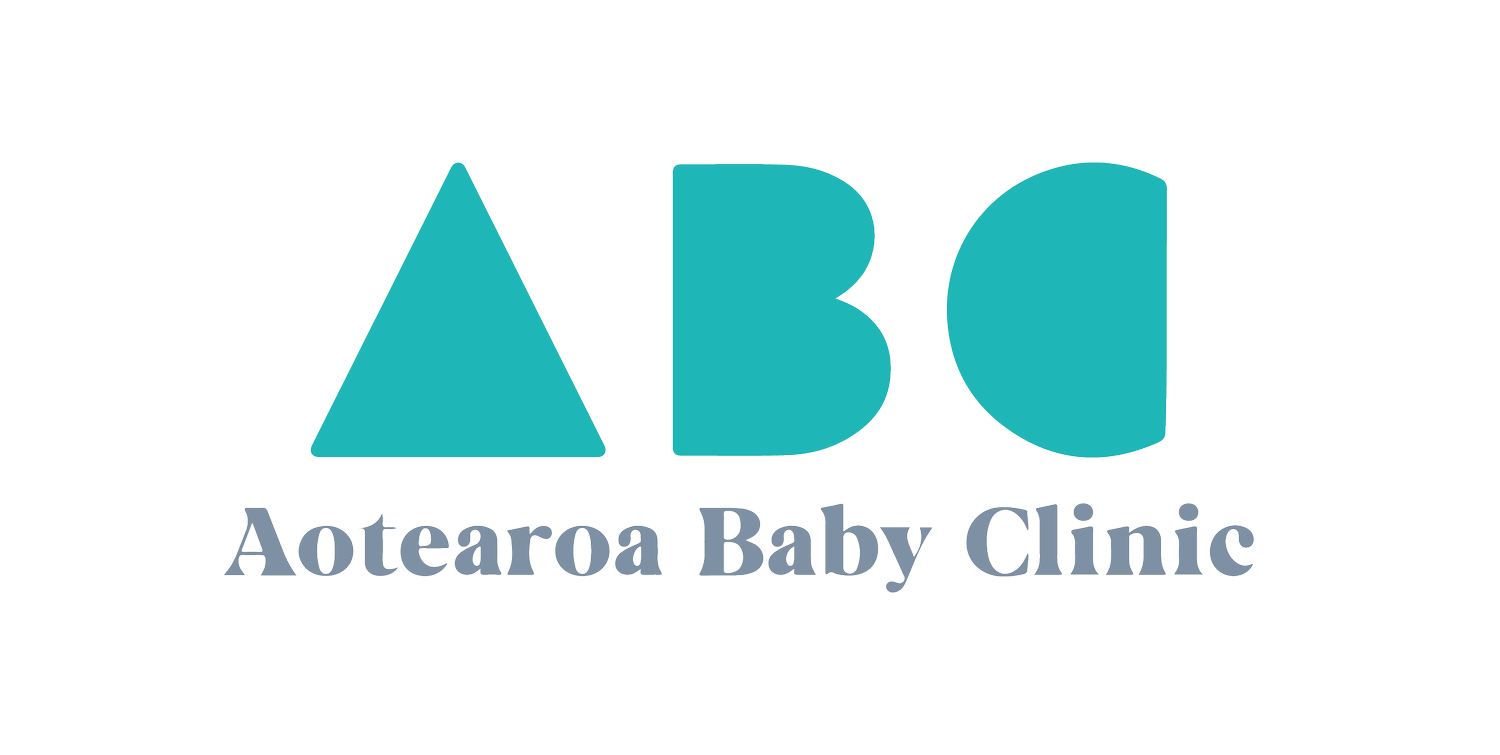Breastfeeding and baby teeth
Parents are often told not to breastfeed their baby to sleep because it will damage their baby's teeth - or that if they "have" to do it, to brush their baby's teeth or wipe their mouth after feeding. Many parents are left feeling guilty or struggling with the logistics of how to brush their teeth after feeding when feeding is every 1-2 hours. So, what’s going on here?
“Dental caries” is a chronic condition caused by acid-producing bacteria in the mouth damaging the hard surfaces of your teeth. Child teeth should look white and sparkly - any grey/brown discolouration is abnormal.
The evidence shows that breastfeeding does not cause dental caries.
1. Breastmilk itself is protective against dental caries (cavities), thought to be due to factors in the milk inhibiting the growth of the bacteria that cause most caries.
2. The biomechanics of breastfeeding means that milk enters the mouth well behind the developing teeth (at the back of the roof of the mouth). Milk doesn't tend to flow unless your baby is actively swallowing.
Of course, breastfeeding infants aren't immune to dental disease. Factors that increase risk include
genetics (including hypoplastic enamel)
bottle feeding (again, because of the biomechanics)
dental hygiene
increased amounts of certain bacteria in the mouth
nutritional factors
prematurity (due to hypomineralisation of the teeth)
Note that breastfeeding is not on that list. If we look at the ones that we can actually alter, we get the following suggestions for prevention:
If your child is eating solids, brush their teeth after dinner/their last snack - while breastmilk itself doesn’t cause caries, breastmilk with other solids in the mouth overnight can dramatically increase the risk.
Gentle mechanical toothbrushing with water alone (no toothpaste) is okay up until age 2 if they find toothpaste “too spicy.”
Consider a smear of fluoride toothpaste or a 3-6 monthly fluoride varnish for children who are at higher risk of dental caries (e.g. premature babies)
Teeth need to be brushed by the adult until age 6; a younger child will bite the brush and make the brush no good - consider having two toothbrushes, one for the child to play with and use and one for the parent only.
Be careful or avoid foods that turn into a “paste” once in the mouth, e.g. rusks, cornflakes, muesli bars, as they can get easily stuck in cracks and fissures in the teeth.
Avoid intake of sweet drinks, especially from bottles
Chewy foods when old enough, which encourage increased saliva production
Regular dental checkups starting at the first birthday
If you’ve done all the above and things teeth are still worsening, consider night weaning an older child >18-24 months. There is a very small amount of research suggesting that breastfeeding might contribute to very severe cases after this age.


